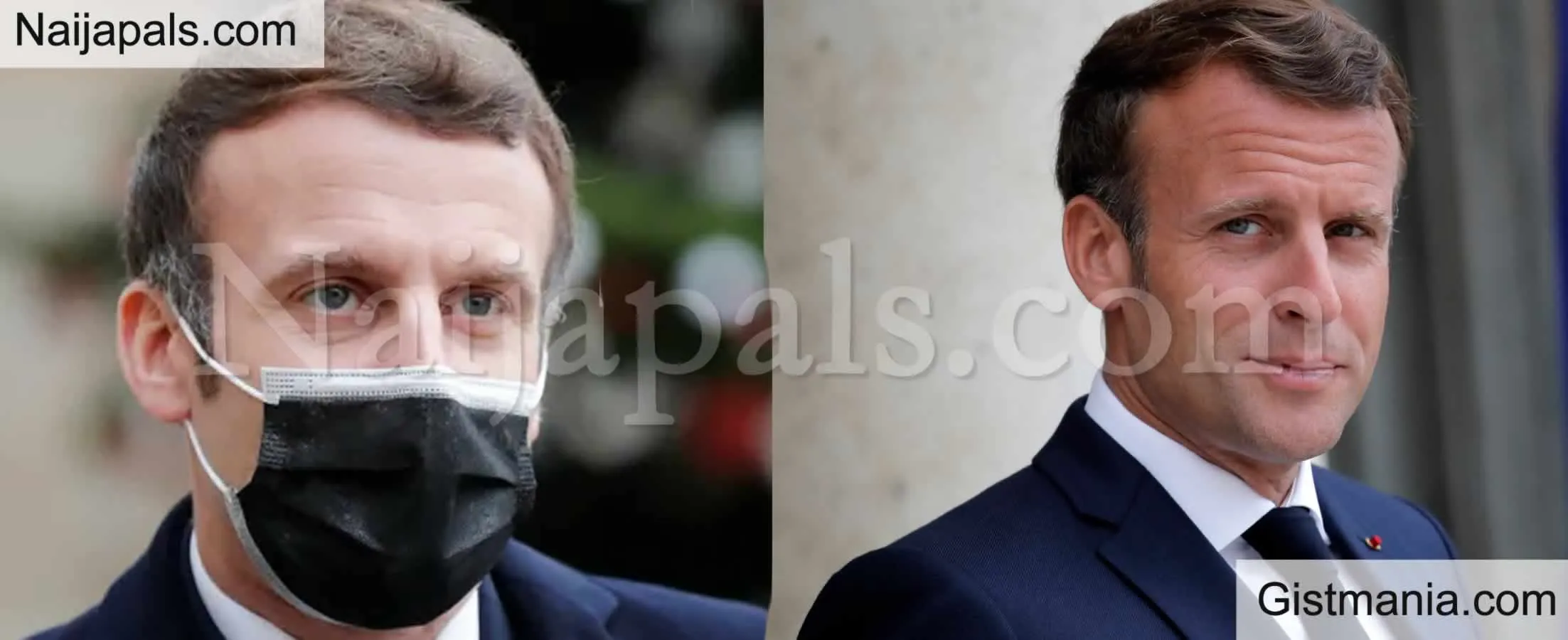Macron’s Bold Move: What It Means for America and the World
In a dramatic turn of events that has sent shockwaves through the French political landscape, President Emmanuel Macron has found himself at the center of an unprecedented political crisis. The recent snap election has plunged France into a state of unprecedented political uncertainty, challenging the very foundations of democratic governance.
The Political Earthquake
The aftermath of the recent legislative elections has exposed deep fissures in France’s political system. The New Popular Front (NFP), a left-wing coalition, emerged as the largest bloc in the Assemblée Nationale, creating a complex political scenario that has left the nation on edge. Macron’s controversial decision to refuse appointing Lucie Castets, the NFP’s candidate for Prime Minister, has ignited a political firestorm that extends far beyond France’s borders.
Key Developments
- Electoral Complexity: The election resulted in a fragmented parliamentary landscape
- Political Deadlock: No clear majority emerged from the voting
- Macron’s Strategic Maneuver: Refusal to appoint a left-wing Prime Minister
“This is more than a political disagreement; it’s a constitutional crisis,” remarked Jean-Luc Mélenchon, a prominent opposition leader, highlighting the gravity of the situation.
International Implications
The ripple effects of this political turmoil extend well beyond France’s borders. Diplomatic circles in Washington and Brussels are closely monitoring the situation, recognizing the potential impact on:
- European Union stability
- NATO strategic alignment
- Global economic confidence
Macron’s move has been interpreted by some international observers as a calculated risk to prevent what he perceives as a potentially destabilizing left-wing government. However, this strategy has backfired spectacularly, creating a political vacuum that threatens to undermine France’s governance.
The Human Cost
Public sentiment has become increasingly volatile. Demonstrations have erupted in major French cities, with citizens expressing frustration at what they see as a blatant disregard for democratic processes. The streets of Paris, Lyon, and Marseille have become stages for passionate debates about democratic representation.
Strategic Calculations
Macron’s decision appears to be a high-stakes political gamble. By refusing to appoint a Prime Minister from the left-wing coalition, he has:
- Prevented an immediate left-wing takeover
- Created a constitutional crisis
- Potentially weakened his own political standing
Global Perspective
International analysts are drawing parallels with other democratic challenges worldwide. The Financial Times noted that “Macron’s move represents a critical test of democratic resilience in an increasingly polarized political landscape.”
Potential Outcomes
The situation remains fluid, with several potential scenarios:
- Formation of a compromise coalition government
- Extended political negotiations
- Potential early elections
- Constitutional crisis escalation
What This Means for America
For the United States, this French political drama carries significant implications. The uncertainty could:
- Impact transatlantic diplomatic relations
- Influence NATO strategic discussions
- Create economic uncertainties in European markets
The Road Ahead
As consultations continue and political tensions remain high, one thing is clear: France stands at a critical juncture. Macron’s bold—or reckless—move has exposed the fragility of democratic institutions and the challenges of modern political governance.
Conclusion
The unfolding political drama in France is more than just a national issue—it’s a global narrative about democracy, representation, and political power. As the world watches, the actions of President Macron will undoubtedly be scrutinized for years to come.
Disclaimer: This analysis is based on current information and is subject to rapid developments.






Leave a Comment